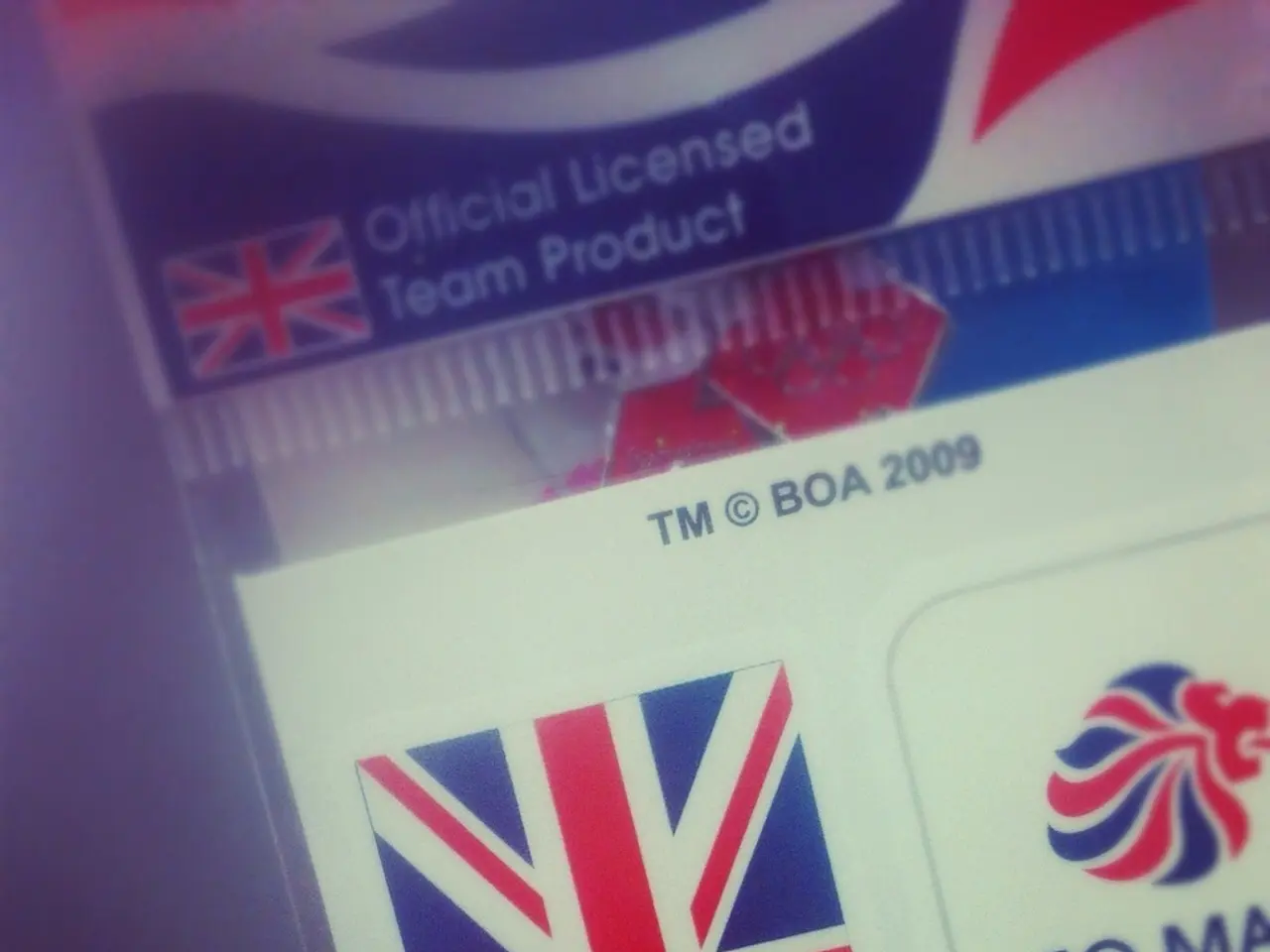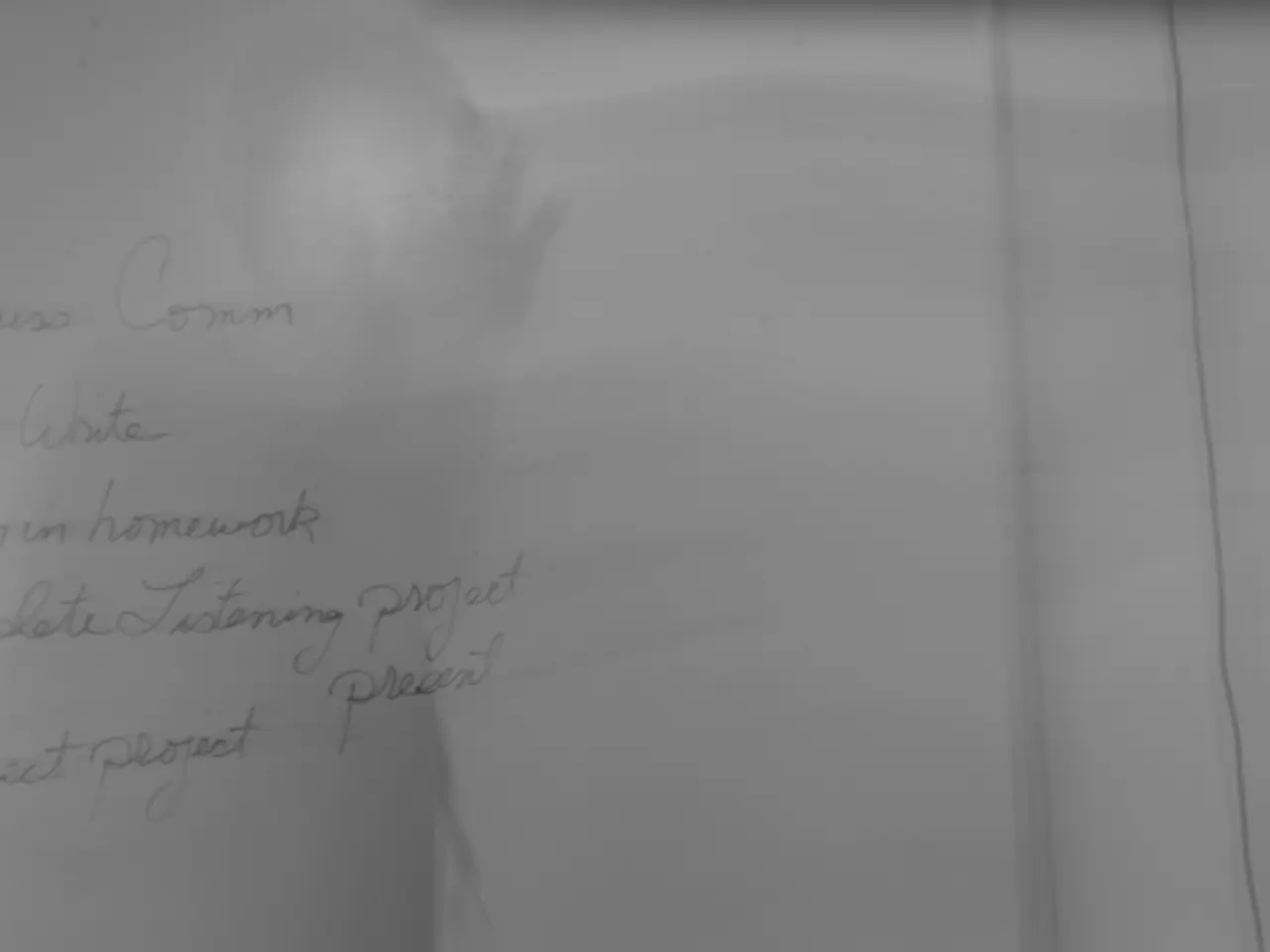Facing a Credit Card Billing Dilemma? Here's What You Can Do!
If your credit card billing dispute has been turned down, explore alternative options:
Dealing with credit card issues can be a hassle, but don't fret - you have the right to challenge questionable charges. The Fair Credit Billing Act is here to protect you.
When things go awry
Say you purchase something on sale, and the full price mysteriously appears on your credit card statement. Such mishaps are bound to happen, but you shouldn't be stuck paying for billing errors.
Taking action
First, try to sort things out with the retailer, seeking credit for any excess charges. If that fails, your next move is to dispute the charge with your card issuer with these steps:
- Check the Error: Ensure you're not jumping to conclusions. An unfamiliar merchant name might simply be billing under a different corporate name, for example.
- Contact Your Issuer: Reach out to your issuer by phone or letter. Support your case with relevant documents and receipts.
- Keep Records: Record the date and time of your conversation, the representative's name, and their response. Send your letter within 60 days of receiving the statement showing the error, and request a return receipt for proof.
What happens next
Your issuer should acknowledge your dispute within 30 days of receiving it, conduct an investigation, and resolve the matter within 90 days. If they deny your dispute, you can request supporting documents and appeal the decision or file a complaint with consumer protection agencies.
When all else fails
If your dispute is still unresolved, consider seeking legal advice and filing a case. Remember, you shouldn't be held responsible for delinquency during the dispute period.
That's not all!
Here are some useful bits you might want to know:
- You can dispute various types of billing errors, such as unauthorized charges, incorrect amounts, or missing credits for payments.
- While your dispute is being investigated, you don't have to pay the disputed amount, although you should settle the remaining balance.
- Your issuer can't consider the disputed amount delinquent during this period.
- If you disagree with the issuer's decision, you can ask for supporting documents and appeal within 10 days of being notified or before the payment deadline, whichever comes later.
- You can file a complaint with the Consumer Financial Protection Bureau, Federal Trade Commission, or your state attorney general's office if things don't add up.
- Consulting an attorney could help you pursue the case effectively, although this might come at a cost. If you triumph, you may receive damages and your attorney fees covered.
So, don't let credit card billing errors drain your wallet. Take charge, dispute errors, and ensure your rights are protected!
The information provided here is for educational purposes only and should not be construed as legal advice. Always consult a qualified attorney for specific cases.
© 2025 Bankrate.com
Mishaps in personal-finance, such as incorrect charges on credit card statements, can be addressed by disputing the errors with the card issuer. If you notice a billing error, follow these steps: contact the issuer, provide relevant documents, and keep records of your conversation. The Fair Credit Billing Act protects you during this process, ensuring you're not held responsible for delinquency.




